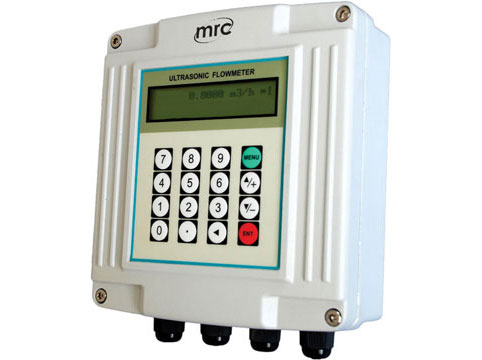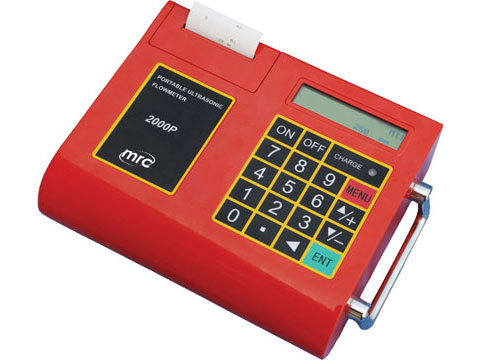Flow meters are instruments used to measure the rate of flow of fluids such as water, gas, or oil through pipelines or channels. These instruments are crucial in ensuring the accurate measurement of flow rates in various industrial and commercial applications. In this article, we will discuss the basics of flow meters, how they work, types of flow meters, and their applications.
What is a Flow Meter?
Flow meters are Measuring Instruments in various industries such as oil and gas, chemical, food and beverage, water treatment, and many others. They help in measuring and monitoring the flow of fluids in pipelines, enabling accurate calculations of flow rates, volume, and mass. Different types of flow meters are available to suit different applications, and choosing the right one is critical to ensure accurate measurements.
A flow meter is an instrument that measures the rate of flow of fluids in pipes, channels, or open channels. It works by measuring the velocity, pressure, or displacement of the fluid and converting it into a readable output. The output can be in various units such as gallons per minute (GPM), cubic meters per hour (m3/h), or barrels per day (BPD). Flow meters can be used to measure the flow of liquids, gases, or slurries.

How Does a Flow Meter Work?
The working principle of a Flow Meter depends on its type. However, all flow meters have a primary sensing element that measures the flow and a secondary element that converts the measurement into an output signal. For example, a differential pressure flow meter uses a primary element such as an orifice plate or a venturi tube to create a pressure drop in the fluid. The secondary element, such as a pressure transducer, measures the pressure drop and converts it into a flow rate. Similarly, a velocity flow meter such as a turbine flow meter measures the velocity of the fluid using a rotating turbine and converts it into a flow rate.
Applications of Flow Meters
Flow meters have a wide range of applications in various industries, including:
Industrial Applications
Flow meters are used in various industrial applications such as oil and gas, chemical processing, food and beverage, pharmaceuticals, and water treatment. They are used to measure the flow of various fluids such as oil, gas, water, chemicals, and slurries.
Commercial Applications
Flow meters are also used in commercial applications such as HVAC systems, water distribution systems, and irrigation systems. They help in measuring the flow of water and other fluids, enabling accurate billing and monitoring of usage.
Environmental Applications
Flow meters are used in environmental applications such as water quality monitoring, hydrology, and wastewater treatment. They help in measuring the flow of water in rivers, streams, and other bodies of water, enabling accurate monitoring of water quality and quantity.
Advantages and Disadvantages of Flow Meters
The advantages of flow meters include:
- Accurate measurement of flow rates
- Monitoring and control of fluid flow
- Improved process efficiency and productivity
- Reduction in material waste and energy consumption
- Improved product quality and consistency
